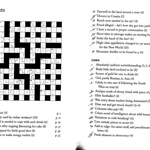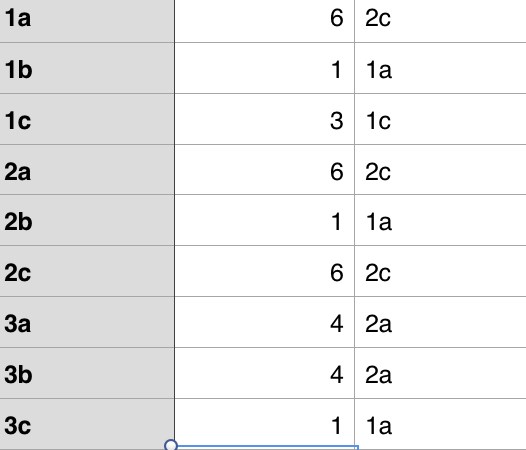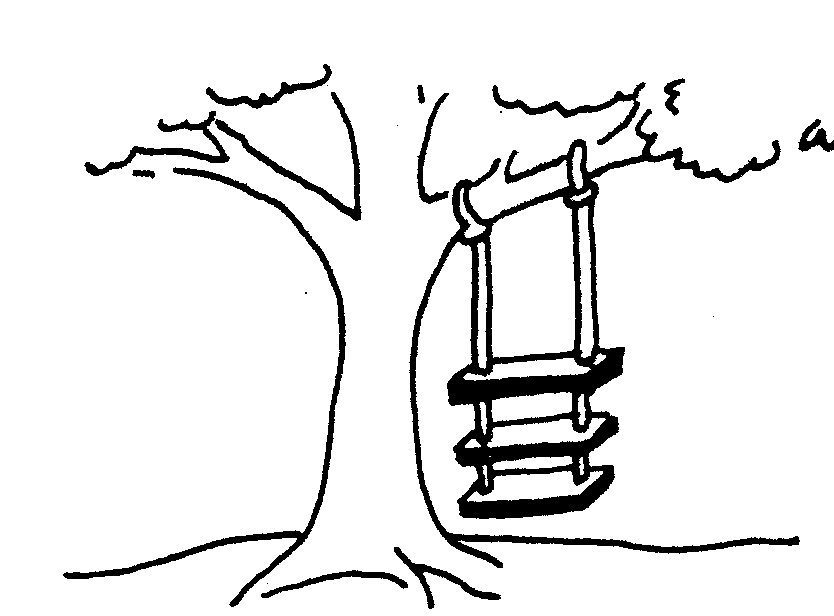 Willow and his family would like to wish all our readers a Merry Christmas and a Happy New Year!
Willow and his family would like to wish all our readers a Merry Christmas and a Happy New Year!
 Willow and his family would like to wish all our readers a Merry Christmas and a Happy New Year!
Willow and his family would like to wish all our readers a Merry Christmas and a Happy New Year!
 Would it be possible to create a self-referential puzzle or challenge? And if so, could it be helpful in the teaching of computing?
Would it be possible to create a self-referential puzzle or challenge? And if so, could it be helpful in the teaching of computing? Thanks for reading this blog. Hope everyone enjoys a good break!
Thanks for reading this blog. Hope everyone enjoys a good break!
Here is our family portrait. If it’s good enough for the leaders of our political parties…
 It was when my wireless router told me that there was no printer on the network that I finally flipped.
It was when my wireless router told me that there was no printer on the network that I finally flipped. Here’s a little tip for you: don’t upload stuff at past midnight, especially if you’re running on adrenalin and strong tea.
Here’s a little tip for you: don’t upload stuff at past midnight, especially if you’re running on adrenalin and strong tea. So, there you are, basking in your new-found freedom to report to parents what their children can actually do in Computing and ICT, when the data impresario in your school says they want you to supply the school office with a “Level” for each child. And for good measure, they want you to do that four times a term in order to monitor progress. How should you respond?
So, there you are, basking in your new-found freedom to report to parents what their children can actually do in Computing and ICT, when the data impresario in your school says they want you to supply the school office with a “Level” for each child. And for good measure, they want you to do that four times a term in order to monitor progress. How should you respond? British Gas and I go back a long way. For years they have provided me with heating and hot water, and until relatively recently with energy for cooking too. I won’t say it’s all been smooth running. For example, there was the time when they threatened to get the bailiffs round to my flat in order to read the meter that they had removed the week before. But on the whole they’ve been alright. I daresay were it not for the customary British reserve we’d be on first name terms by now. I’d write letters beginning,
British Gas and I go back a long way. For years they have provided me with heating and hot water, and until relatively recently with energy for cooking too. I won’t say it’s all been smooth running. For example, there was the time when they threatened to get the bailiffs round to my flat in order to read the meter that they had removed the week before. But on the whole they’ve been alright. I daresay were it not for the customary British reserve we’d be on first name terms by now. I’d write letters beginning,
“Dear British”
and go on to say how pleased I am to receive the latest bill and how much pleasure I have in enclosing payment.
 A number of people have told me they enjoyed the cartoon I linked to in the post entitled An unintended use of “Smart glasses”?. Well, here are a few more. Enjoy!
A number of people have told me they enjoyed the cartoon I linked to in the post entitled An unintended use of “Smart glasses”?. Well, here are a few more. Enjoy!I quite like this cartoon, which appeared in today’s paper.
A nice way to end the week!
 New words are always interesting, I think, and not just the ones that have been inspired by technology. But before I say any more about that, I feel the need to get something off my chest. Don’t worry, I won’t make this a long post: the last thing I want is people tweeting me to say TL;DR (too long; didn’t read).
New words are always interesting, I think, and not just the ones that have been inspired by technology. But before I say any more about that, I feel the need to get something off my chest. Don’t worry, I won’t make this a long post: the last thing I want is people tweeting me to say TL;DR (too long; didn’t read).The guidance provided by Ofsted on what constitutes a grade of “Outstanding” in subjects is currently under review. This is a good time for them to consider a minimalist approach: what two or three factors should be instrumental in coming to a judgement? In my opinion, the more tick-boxes you have, the less useful the whole exercise becomes. I wonder: are there a few key things which determine whether a school’s offering in Computing and ICT is good or not, and which, if tweaked, could transform a low grade into a higher one?
I’m always interested in such things, and that interest was reignited today when I read an article I’d written in 2005. Apart from the documentation referred to, I believe it is still accurate, and pertinent – and could be applied to the inspection of individual subject areas like Computing and ICT as to a whole school or Local Authority.
Anyway, see what you think.
 Here are a couple of interesting cartoon strips about the (possible) effects of new technology. Yesterday’s one is more about unintended consequences, while today’s is really about how apparently intelligent software and monitoring systems might be fooled.
Here are a couple of interesting cartoon strips about the (possible) effects of new technology. Yesterday’s one is more about unintended consequences, while today’s is really about how apparently intelligent software and monitoring systems might be fooled. I thought this graphical representation of a curriculum applies really well to the proposed Computing Programme of Study. (See My response to the ICT/Computing consultation for more information about that.)
I thought this graphical representation of a curriculum applies really well to the proposed Computing Programme of Study. (See My response to the ICT/Computing consultation for more information about that.) Kevin Hodgson has written a make-believe article about technology taking over from humans. The theme is a well-known one in science fiction circles, of course, but what I especially like about Kevin’s article is that he has written in the form of a newspaper article. To do so he has used a fake headline generator, for which he provides a link in the story.
Kevin Hodgson has written a make-believe article about technology taking over from humans. The theme is a well-known one in science fiction circles, of course, but what I especially like about Kevin’s article is that he has written in the form of a newspaper article. To do so he has used a fake headline generator, for which he provides a link in the story. I will never understand why so many people think that Wikipedia is OK to use for serious research on the grounds that it is mostly reliable. Mostly? Some years ago I posited the idea of a wiki timetable, in which people get to edit train timetables how they like. Some of the information displayed on the electronic noticeboards would probably be accurate some of the time. Useful, eh?
I will never understand why so many people think that Wikipedia is OK to use for serious research on the grounds that it is mostly reliable. Mostly? Some years ago I posited the idea of a wiki timetable, in which people get to edit train timetables how they like. Some of the information displayed on the electronic noticeboards would probably be accurate some of the time. Useful, eh?
 I recently discovered this map of the internet through Stephen Downes’ newsletter, OLDaily. Downes says, “It’s mostly eye-candy, but it’s good eye-candy”. I prefer to think of it as “interesting” eye-candy. It’s visually attractive, but what I find interesting is the fact that the descriptions are not necessarily value-free.
I recently discovered this map of the internet through Stephen Downes’ newsletter, OLDaily. Downes says, “It’s mostly eye-candy, but it’s good eye-candy”. I prefer to think of it as “interesting” eye-candy. It’s visually attractive, but what I find interesting is the fact that the descriptions are not necessarily value-free.
 It is interesting, isn’t it, how the mind can play tricks on you? A couple of days ago I had proof of either working too hard or of working too hard on one particular thing.
It is interesting, isn’t it, how the mind can play tricks on you? A couple of days ago I had proof of either working too hard or of working too hard on one particular thing.
(c) Terry Freedman All Rights Reserved